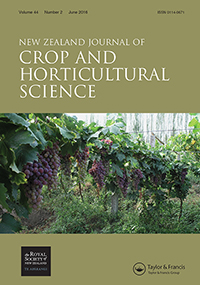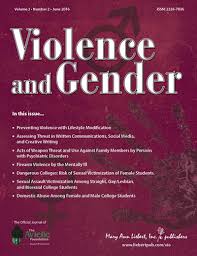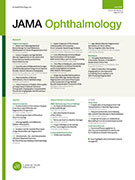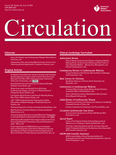 Cell will not be issuing corrections for three papers co-authored by prominent plant biologist Olivier Voinnet, after readers on PubPeer raised questions about some of the images.
Cell will not be issuing corrections for three papers co-authored by prominent plant biologist Olivier Voinnet, after readers on PubPeer raised questions about some of the images.
The news may be a welcome relief for Voinnet, based at ETH Zurich in Switzerland, who has recently issued 22 corrections and seven retractions. Ongoing questions about his work have also earned him a three-year funding ban, and caused the European Molecular Biology Organization to revoke an award.
On July 28, Cell published editorial notes for all three papers, which have been collectively cited more than 1000 times (also reported by Leonid Schneider). The notes say that the journal will take “no further action,” noting that the authors of the papers informed Cell of the problems with figures, which do not appear to compromise the papers’ overall validity.
Here’s the first editorial note, for a 1998 paper: Continue reading Beleaguered plant scientist with 22 corrections avoids 3 more




 A vociferous advocate for correcting the literature — who has been
A vociferous advocate for correcting the literature — who has been  A journal is reviewing a paper about trends in rape at U.S. colleges after the author realized a mistake.
A journal is reviewing a paper about trends in rape at U.S. colleges after the author realized a mistake. A JAMA journal has quickly issued a correction for a 2016 paper after the author failed to mention several relevant conflicts of interest. Normally, we’d see this as a run-of-the-mill correction notice, but since we reported last week that a
A JAMA journal has quickly issued a correction for a 2016 paper after the author failed to mention several relevant conflicts of interest. Normally, we’d see this as a run-of-the-mill correction notice, but since we reported last week that a 
